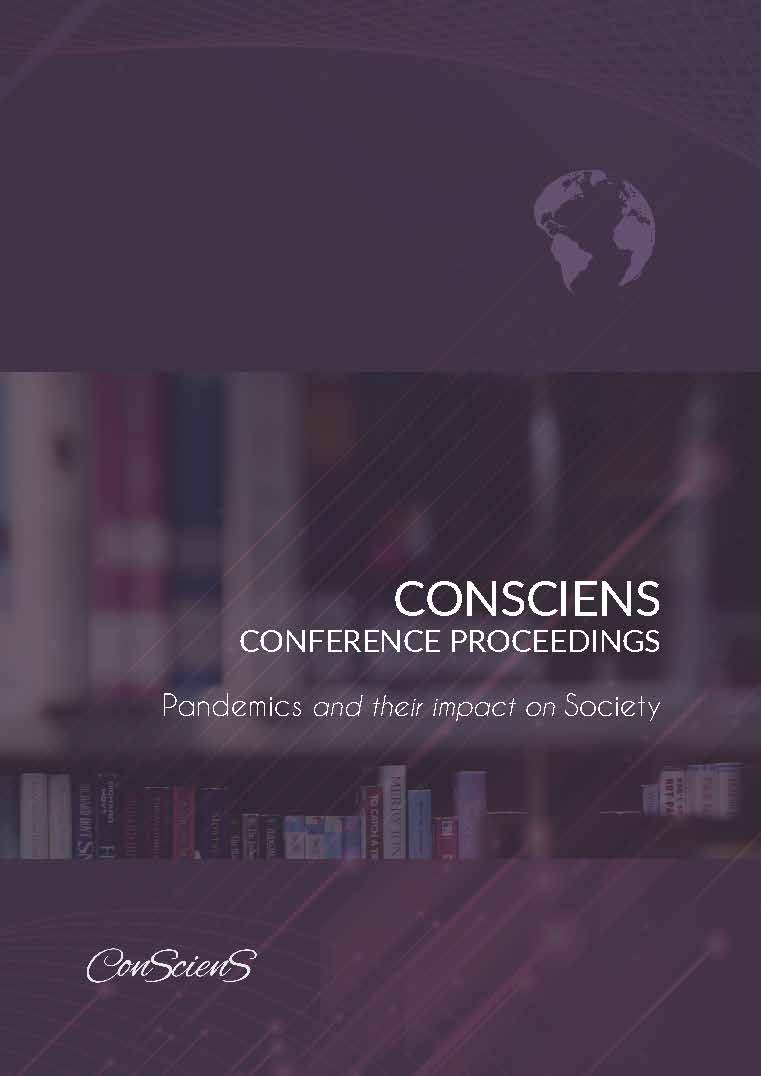Economic Growth in Times of Pandemics
Economic Growth in Times of Pandemics
Author(s): Julia M. Puaschunder
Subject(s): Health and medicine and law, Economic development, Socio-Economic Research
Published by: Scientia Moralitas Research Institute
Keywords: Coronavirus; External shock; Healthcare; Hygiene; Inequality; Learning-by-preventing; Pandemic;
Summary/Abstract: Traditional economic growth theories considered capital and labor as essential growth factors for every economy. Exogenous growth theory is centered on exogenous shocks – like new technology innovations or natural crises, such as pandemics – as major drivers or downturns of economic growth measured in capital and labor impact. Endogenous growth theory then drew attention to dynamic variable interactions between capital and labor but also endogenous growth derived from ideas, innovation and learning. Growth concepts were opened up for innovation generated in productive group interaction and learning inside firms in teams, learning-by-doing while performing tasks and learning-by-using of new technology. The outbreak of the novel Coronavirus (COVID-19) heightened attention for hygiene and healthcare. According to exogenous growth theory, the health risk exposure to the exogenous shock of COVID-19 differs between employees, firms, industries, environments and countries. Health of labor capital but also a risk-free working culture, environment, industry and country will flourish growth in a COVID-19-struck economy. In endogenous growth theory terms, team hygiene and group monitoring of the collective health status but also learning-to-preventing holds future economic growth potential. Applications of the presented COVID-19 adjusted growth models will be discussed with attention to inequality of growth in the digital age. Future research directions are envisioned.
Book: ConScienS Conference Proceedings
- Page Range: 1-9
- Page Count: 9
- Publication Year: 2020
- Language: English
- Content File-PDF

